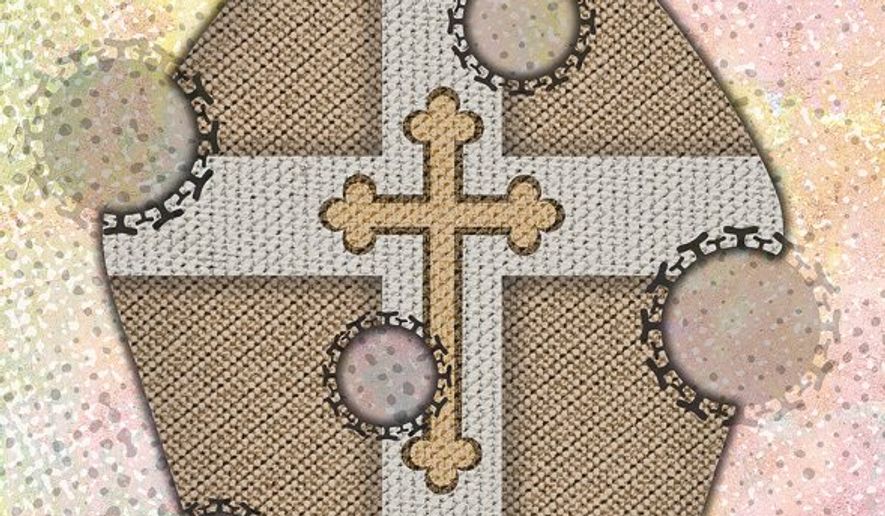OPINION:
There are many areas in which the coverage by the secular press falls short of what would be called “optimum.” Reporting on religion is near the top of the list.
That means stories that are important to a vast swath of the American public never get covered because, unless there’s a juicy scandal to go with it, the editorial decision-makers in New York and Washington and Los Angeles and other media metropolises don’t think anyone cares about what’s going on among the faithful, doctrinal disputes, or fights over religious freedom.
A report issued late last year by the Pew Research Center as part of its ongoing survey of global restrictions on religion might get these same people to think twice the next time the issue comes up. The study, “How COVID-19 Restrictions Affected Religious Groups Around the World in 2020,” found that nearly a quarter of the world’s governments used force of one kind or another to prevent people of faith from gathering for worship during the pandemic.
The lockdowns used in so many places to stop the disease from spreading — which didn’t, by the way — came in many forms. The numbers are disturbing. According to Pew, 23% of world governments used “arrests and detentions; physical assaults; damage, confiscation or raiding of private property; displacements of people from their homes; or killings.” Some places, obviously, cracked down with more brutality than others — China took a much harder line than Sweden or France, for example.
Normally, a report like this wouldn’t make waves in the United States. It would be written up in some places, as it was in this newspaper, but it would otherwise be overlooked. Not just for the aforementioned lack of interest but because the existence of religious oppression around the globe is, to one degree or another, an accepted fact of life.
After all, doesn’t something more than a quarter of the world’s population live in places where the officials already believed before COVID that the state and the party were sufficient for the needs and caprices of humankind to be met in their totality? Even in countries where the existence of a higher power is officially acknowledged, the people who come to their beliefs via a path other than the one stamped with the official seal of approval, like Christians in Sudan and Myanmarese Muslims, are routinely oppressed, displaced and killed. It’s all well and good to see it as someone else’s problem — except it’s now happening here. The United States, because of actions taken during the lockdowns in the first year of the pandemic, made the list.
It’s an uncomfortable feeling to realize the place where the founding documents and the supreme law of the land not only offer but mandate the protection of religious expression by the national government that such a thing could happen. Yet it did while frightened people turned their backs, complying with rules and regulations that governed how far we stood from one another, whether we could go to work and school, and made us all mask up, the constitutional guarantee of freedom for expression of religion was frequently and knowingly violated.
Through the pandemic’s first year, the Pew report charges, just over a third of the countries subjected to analysis saw force employed to impose limits on religious gatherings, had governments, private groups or individuals publicly blaming religious groups for the virus’s spread, or experienced private actors “engaged in violence or vandalism against religious groups” they linked to the proliferation of the disease.
What the U.S. experienced was relatively mild compared with the rest of the globe, but that doesn’t make it acceptable. The Constitution is clear, yet elected officials allowed fear and the thoughtful advice of supposed experts to override our rights.
The faithful did fight back. In its report, Pew acknowledges that “religious groups in 54 countries criticized public health measures related to [COVID-19] — such as restrictions on public gatherings — and in many cases alleged that such measures violated their religious freedom.” Those complaints, unfortunately, fell on deaf ears.
Congress has a lot to do in the next two years. An examination of what happened during the lockdowns should be high on the list. An investigation into what was done of whose order and why as regards the suppression of our religious freedom is called for. We must take steps to ensure that in the next national crisis, our rights are not again violated in the name of health and safety or for any other reason.




Please read our comment policy before commenting.